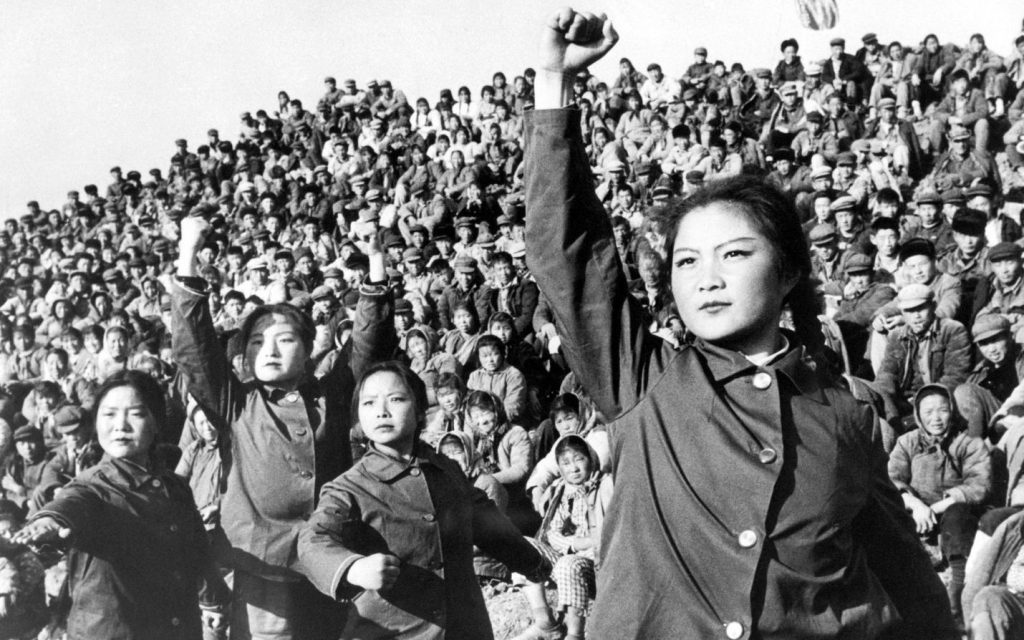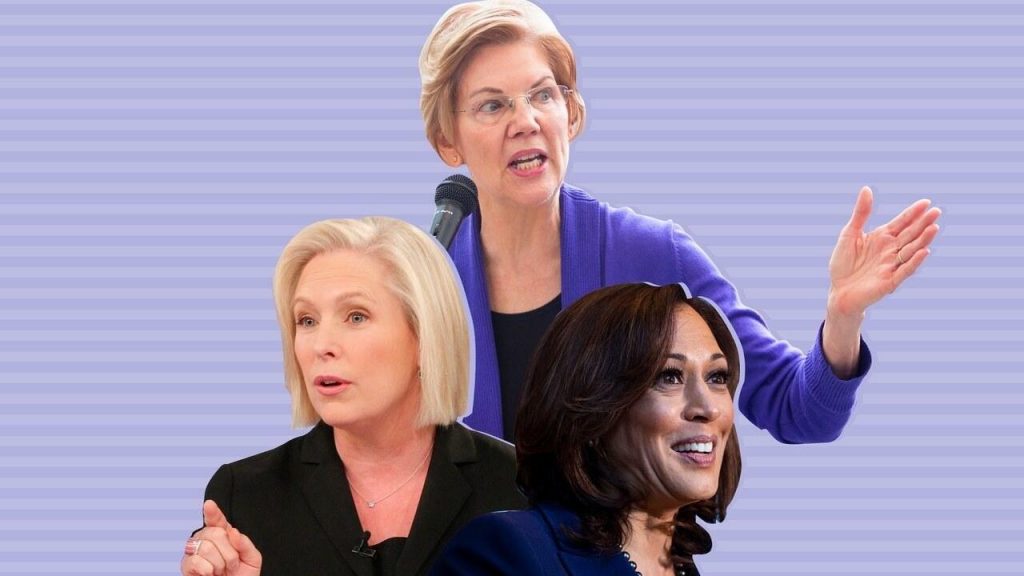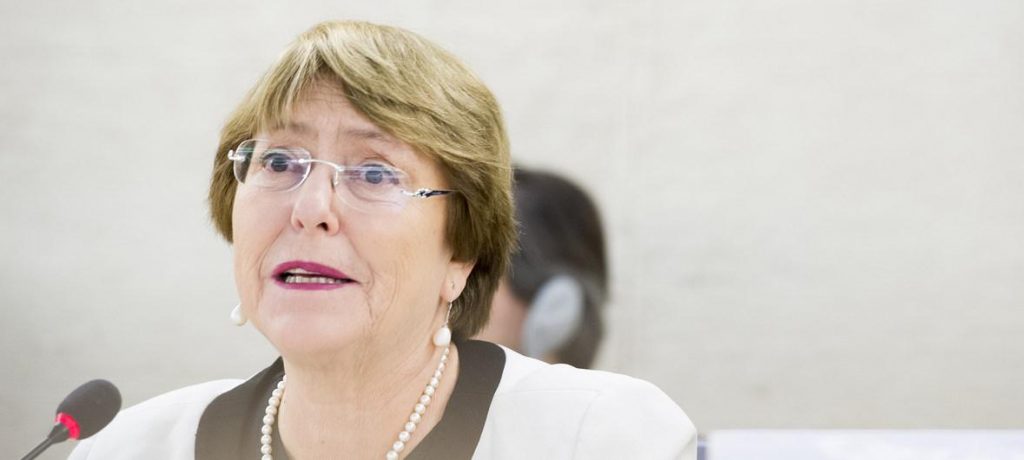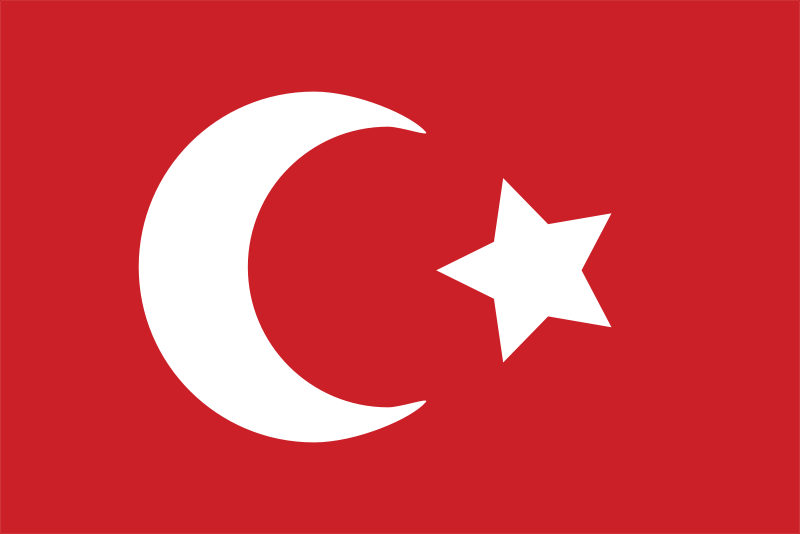Based on research by Katherine Phillips, Susan Perkins, and Nicholas Pearce A mere 15 percent of parliamentary representatives around the world are women — a reflection that for all the benefits democracy may bestow upon nations, it has not yet fully delivered on social equity. There are hints of change: women in top national leadership positions — president or prime minister — have more than quadrupled between 1950 and 2004, from four to 18. Recently, women have been elected in every corner of the globe, including, Chile, Germany, Liberia, and South Korea. Many of these leaders were elected amidst turbulent backdrops: Ellen Johnson Sirleaf was elected as the president of Liberia in 2005, on the heels of its second civil war, for example, while in 2013 Park Geun-hye of South Korea ran on a platform that promoted peace-building with North Korea. Just last month, Catherine Samba-Panza was chosen to lead, on an interim basis, the Central…
Not a Game of Numbers
By Shan-Jan Sarah Liu In the global struggle to get more women into high political office, one of the more hopeful fronts is Asia. In 2018, Taiwan celebrated two years of its first female president, Tsai Ing-Wen, and its national legislature includes 43 women (38% of seats). Other Asian countries, such as South Korea and Thailand, have also had women heads of government. Some Asian parliaments have more women MPs than many of their Western counterparts. These are major advances, but is Asia really making headway on gender equality? It is widely assumed that when women start to become political leaders, gender equality benefits, but my own research on the political representation and participation of women in Asia calls that assumption into question. To achieve real equality, Asian countries will need to do a lot more than just get more women representatives and leaders elected. It is true that women’s political presence has serious implications. Female MPs are generally imagined…
2020 US Presidential Race – More Women Make Case for Stake
As the clock ticks towards the 2020 US Election six women amongst others, have declared their candidacies for the Democratic nomination in 2020. It’s the most women who’ve ever run for a major-party nomination in history. Until this cycle, there had been, at most, two women who had ever competed in a major party primary, according to the Rutgers Center for American Women and Politics. Now, that number has already been far surpassed, as Sens. Elizabeth Warren, Kirsten Gillibrand, Kamala Harris, and Amy Klobuchar, along with Rep. Tulsi Gabbard and Oprah’s spiritual adviser Marianne Williamson, have all announced presidential runs. Political science tells us that the surge of women this cycle is in large part due to the inroads Hillary Clinton made in 2016, along with the outrage women across the country have experienced since Donald Trump, an alleged sexual harasser, has taken office. The historic 2018 midterms, which saw…
Why the World Needs Women in Governance
In this moment, millions of lives are threatened by poverty, food insecurity, and climate change, sounding an urgent call to action to global leaders. But this year has the potential to be a turning point, as more than 150 world leaders are gathered at the United Nations Sustainable Development Summit in New York to launch the Sustainable Development Goals (SDGs). The Summit agenda will serve as a plan of action by the international community and by national governments to improve human lives and promote well-being for all over the next 15 years. Each of the 17 SDGs focuses on a different aspect of development, including goals to address eliminating poverty, promoting good health, ensuring peace and justice, guaranteeing the access to clean water, and more. While the goals touch these specific areas, their success is contingent on a comprehensive integration reflecting the way they are experienced in an individual’s life.…
The More Women In Government, The Healthier A Population
In November 2015, Prime Minister Justin Trudeau formed the first gender-balanced cabinet in Canadian history. In announcing his cabinet, he ensured that half of his closest advisers (15 out of a total of 30) were women. Canada’s gender-equal cabinet vaulted the country from 20th to fifth place in the world in terms of percentage of women in ministerial positions. When reporters asked Trudeau about why gender parity was important to him, he retorted: “Because it’s 2015.” His simple yet momentous response resonated with those committed to equity, diversity and inclusion. As public health researchers, this got us thinking — if increasing the number of women in positions of power promotes gender equity, could it also promote population health and well-being? Our findings, published recently in the journal SSM – Population Health, support the argument that yes, women in government do in fact advance population health. More Women in Power, Fewer…
Without Tackling ‘Gross Inequalities’ Major Issues Will Go Unsolved, Warns UN Rights Chief Bachelet
In a more than half-hour address to the Human Rights Council, Michelle Bachelet highlighted concerns around the world, while also welcoming several firsts, such as the record number of women now serving in the United States Congress, where they make up nearly a quarter of the representation. The new wave of women representatives taking up their seats in January indicated several “important steps for diversity,” she said. “They included the first Muslim American Congresswoman, the first Native American Congresswoman, and the youngest woman ever elected to Congress. I hail all powerful women around the world and the model they present to the next generation.” Moving on to the wider state of social justice around the world, the rights chief said that overcoming “gross inequalities” was key to achieving the 2030 Agenda, referring to the 17 Sustainable Development Goals (SDGs) which Member States signed up to in 2015. Hailing reforms in…
Turkish Gov’t Vows to Support Women Entrepreneurs
Women spend 90 percent of their income on their families, economy and education, hence the increase in the number of women entrepreneurs contributing to the social development of the country, according to Turkey’s Trade Minister Ruhsar Pekcan. “We need to produce more technology and innovative projects,” Pekcan said on March 9 at an event in the southern province of Antalya. “We have young women working as engineers, software designers, and graphic designers. We need to direct them, use our resources correctly. We need more female entrepreneurs both for Turkey and to give the women their desired place in society.” The minister pointed out that female entrepreneurship in Turkey has increased to 34 percent from 23 percent over the last 10 years. “Indeed, the momentum has been growing rapidly in the last 10 years, but still the OECD average is 51.3 percent. It’s far behind,” said Pekcan. “I see this as…







